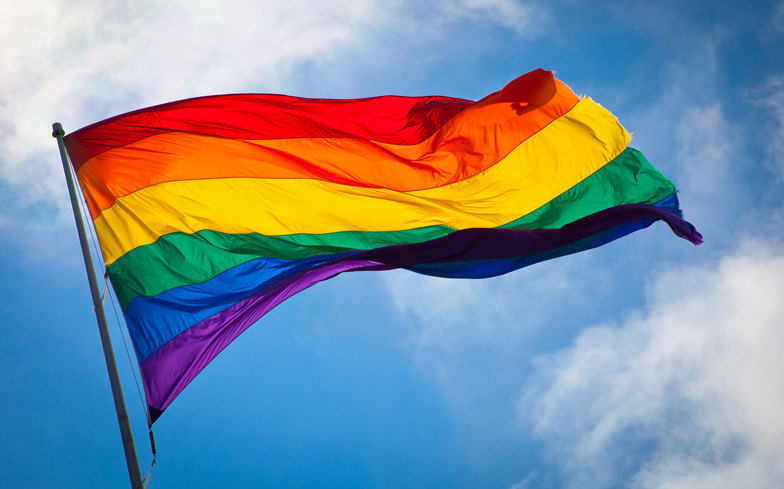
Section 250 of the Mauritius Criminal Code could see those convicted face up to five years in prison.
Four gay men are aiming to scrap the anti-gay laws in Mauritius, which currently sees people convicted of having gay sex face up to five years in prison. The country does, however, ban discrimination on the grounds of sexual orientation.
One of the men challenging the laws, Najeeb Ahmad Fokeerbux, is from the LGBTQ group the Young Queer Alliance. Speaking to the Thomas Reuters Foundation, he said: “Gay and bisexual men face a lot of physical and verbal violence in society.
“It manifests itself on the roads, in educational settings especially in schools, even while you are travelling on the bus. People can just start shouting abuse or even attacking you.”
Fokeerbux explained that how even though the law is rarely enforced, people still use it to spread bigotry. Last year, the country had to cancel its Pride event after anti-gay threats against the organisers. The law, which dates back to 1838, was cited in the threats.
Fokeerbux and the other plaintiffs claim that the law violates their constitutional rights and freedoms and breaches the country’s Equal Opportunities Act, which bans discrimination on the basis of sexual orientation.

Citing other countries which have recently repealed their anti-gay laws, Fokeerbux said: “We’ve seen policies being changed and laws like ours being overturned in other countries such as Angola, Seychelles, India and Botswana and it’s been inspirational and comforting for LGBT+ people in Mauritius.
“We know that homophobia won’t end with the law being scrapped. But it’s a step in the right direction.
“All we want is the same rights are everyone else. The right to choose the partner we want. The right to have the freedom to love who we want. The right to live with them in dignity.”
The Supreme Court could take up to two years to make its decision, and the next court hearing is due to be held on 14 October.
Fokeerbux also hoped that the scrapping of the laws could boost the country’s economy, as gay tourists would feel safe visiting. “Many LGBT+ people and others do not want to come on holiday to a country where they cannot relax and be free,” he said.
“By scrapping the law, Mauritius will be telling the world that all people are welcome and that they can come and be safe here.”



